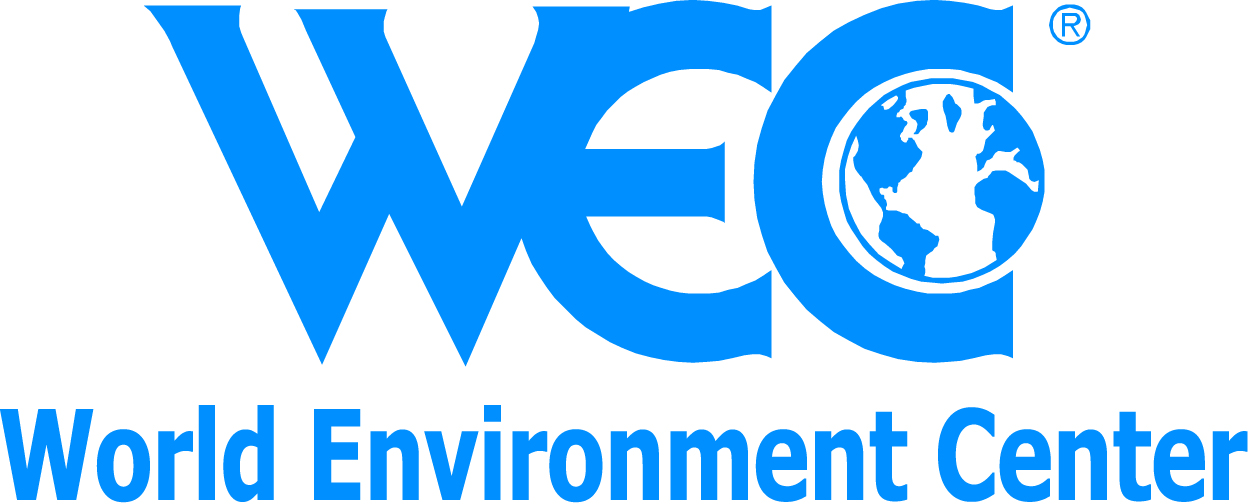Climate Action for a Green Recovery?

This week WEC presents our 2021 Gold Medal Award to Microsoft. The pioneer of our digital age has also been a pioneer for sustainability with an impressive pledge: remove all the CO2 from the atmosphere that the company has emitted since it was founded. Microsoft is committed to decarbonize its business, invest with others in scaling carbon removal technologies (nature and technology-based), and push for public policies to transform the global economy to net-zero. Microsoft’s leadership described this challenge as a “moonshot for the world” when they made their pledge in early 2020.
COVID-19 has made the challenge even more urgent and complex. While vaccines are helping wealthy nations emerge from the pandemic, it continues to rage across the developing world, with some countries experiencing their worst rates of infection, hospitalization, and death since its outset. This crisis in public health has already delivered a damaging blow to societies and economies by pushing more than 70 million people back into poverty – the first such increase since 1998. Decades of hard-won progress on sustainable development are at risk of unraveling.
Climate action is urgent. But in the aftermath of the pandemic, we must pursue climate action in ways that advance other Sustainable Development Goals. The world committed to the “Global Goals” in 2015, the same year as the Paris Agreement on climate change. However, even before the pandemic, progress on the Global Goals was uneven. At our SDG Workshop in May, WEC member ERM shared a sobering survey of development experts who agreed that the world is falling behind on the most urgent SDGs and that most companies and organizations are not focused on the most urgent goals beyond climate change, specifically ending poverty and advancing social equity.
Companies have an impact on the Global Goals—positive or negative—whether they intend to or not. At minimum, the world needs more transparency on private sector performance against the SDGs. Disclosure against a common framework would hasten accountability and could lead to more societal pressure for action.
I’m thrilled that this week, WEC and Microsoft will launch a series of Gold Medal Executive Roundtables on Climate Action for a Green Recovery. The roundtables will focus on consequential actions that companies, governments, and NGOs can take to eliminate greenhouse gases, enhance resilience to climate change, and create economic opportunity for all – especially for underrepresented communities.
The first roundtable on June 9, 2021 will cast a broad, global lens on the topics of clean energy, natural climate solutions, and climate justice. To stimulate dialogue, we’ll hear from a diverse panel of experts, including Microsoft’s Lucas Joppa, Woodwell Climate Research Center’s Marcia Macedo, Trane Technologies’ Scott Tew, and UCLA Center for Diverse Leadership in Science’s Aradhna Tripati.
Subsequent roundtables will dive more deeply into carbon removal, regional priorities in Asia and Latin America, and a “post-mortem” on this year’s UN conferences on climate change and biodiversity. Like all WEC roundtables, each of these sessions will focus on practical steps that companies can take to advance sustainable development. We will hold them under the Chatham House Rule to encourage a frank and honest exchange of ideas.
I’m not sure that anyone has the answers yet to how we can advance the imperative goals of climate stability, economic growth, and social justice simultaneously. I know that we need to apply a broad lens to the problem, but beyond that I have more questions than answers. Sometimes “thought leadership” means asking the right questions, listening to others, and working across diverse constituencies to develop answers. That’s WEC’s approach, and I’m proud that we can apply it to the urgent challenges in front of us.
Glenn Prickett is the President and CEO of the World Environment Center. He has spent three decades leading international environmental, natural resource and climate change policy in some of the world’s preeminent NGO’s.

